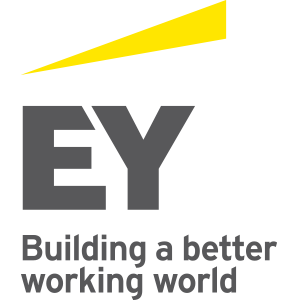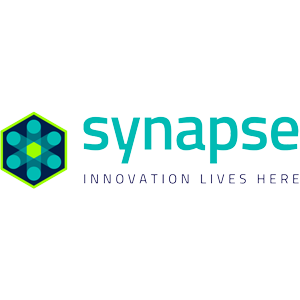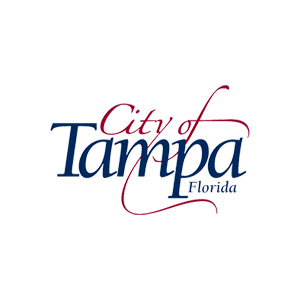Due to their apparent simplicity, convertible notes are an attractive option for both founders and early investors. However, when it comes time to convert them in equity financing, notes can have unforeseen complexity for founders and investors alike.
Here we touch on just a couple of these complications.
Pre-Money Conversion
When notes convert at the financing, they usually dilute both the new equity investor and the founders. However, the equity investor might not be willing to share in the dilution and might require that the
notes convert “pre-money.” Effectively there would be two, iterative transactions: the note conversion followed by the equity investment.
This approach can drastically increase the dilution borne by founders, but could also be viewed as more fair to the new investors. Both sides should be aware of the potential negotiation point and should understand the impact of either approach on their ultimate ownership interests—one of many reasons the parties should produce and agree on a capitalization table at the term sheet stage.
Preference Overhang
If a Series A investor pays $1.00/share, and a note converts into preferred stock at a 20% discount, then unless the terms of the note provide otherwise, the note investor would have $1.00 of liquidation preference for every $0.80 actually invested. Arguably, this result is inequitable: liquidation preference is intended to serve as downside protection and conversion should not lock in this $0.20 of “liquidation preference overhang,” i.e., dollars of preference above dollars invested. However, the overhang can be prevented by specifying in the notes that the conversion shares will have a liquidation preference based on the conversion price. Founders should consult with counsel to make sure their notes are properly drafted on this (and, of course, every) point.
About Hill Ward Henderson: Hill Ward Henderson is a full-service law firm with multi-disciplinary practices serving a wide range of local, regional and national clients. With offices in Tampa and Clearwater, our attorneys provide legal counsel to the varied needs of clients spanning a broad range of industries and professions. Our scope of services includes the following practice concentrations: Appellate, Bankruptcy & Creditors’ Rights; Construction & Design; Corporate & Tax; Cybersecurity, Data Breach and Protection; Employment Law; Executive Compensation & Employee Benefits; Healthcare; Intellectual Property; Land Use; Litigation; Products Liability; Real Estate; and Trusts & Estates.
If you are interested in seeking legal counsel, you can find an attorney here.
Article written by: Nick Outman, Hill Ward Henderson Shareholder.



















